The Disease Model of Addiction Describes Alcoholism in Which Way
See Criticisms section below. The disease model of addiction classified addiction and alcoholism as a disease because it is a chemicalbiological issue that is primary progressive chronic and ultimately if left untreated fatal.
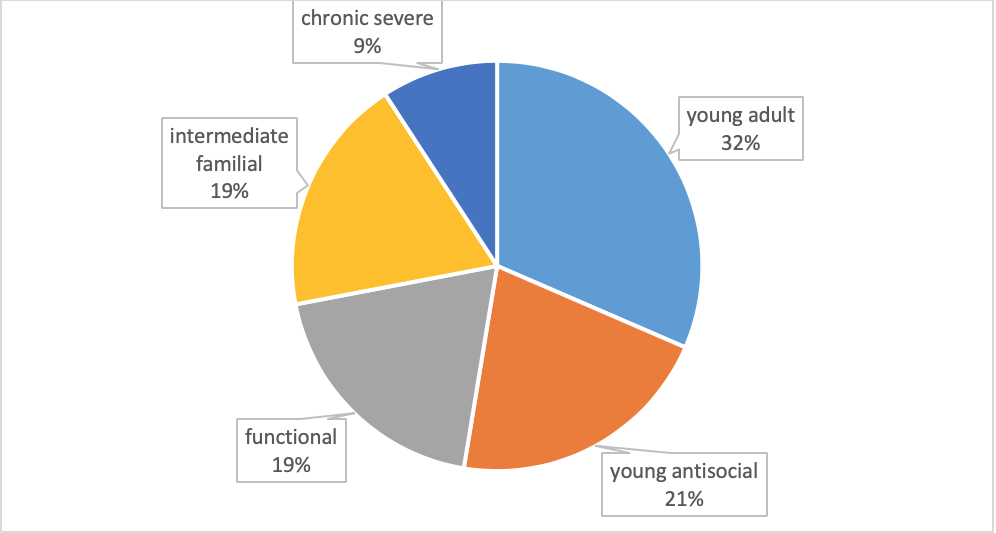
Ch 3 Trending Topics Theories And Biological Basis Of Substance Misuse Part 1
Progressive irreversible chronic incurable The Biopsychosocial model of addiction takes into account the various systems of a persons life.
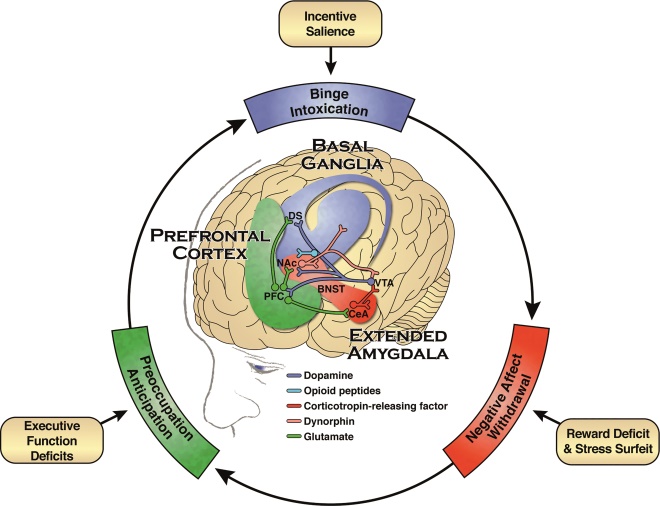
. Alcoholism fits this criterion. 32 One key ingredient is therapeutic alliance. Addicts and alcoholics will be seen as individuals with a chronic illness rather than a.
These brain abnormalities cause persons with this disease to become addicted to substances or activities once exposure to these substances or activities occurs. It also allows a clear and accurate distinction to be made between substance use abuse and addiction. Because addiction is characterized by distinguishing factors for development signs and symptoms that can be treated it is rightfully classified as a disease.
Belief in free will and the brain disease model of addiction. It is also described as a chronic relapsing brain disease for which there is currently ample evidence and for which the only reasonable intervention is total abstinence. Addiction has been described as a medical disorder that affects the brain and changes behavior 1 Various substances including alcohol illicit drugs prescription.
Peele says that Perhaps the most dire consequence of the disease model of addiction is that it has encouraged the abdication of individual responsibility for. The disease model of addiction describes alcoholism in which way. Addiction involves changes in the functioning of the brain and body.
When CM and addiction treatment are delivered by one clinician the approach is more effective than case management alone. That addict needs to go to NA. The disease model of addiction describes alcoholism in which way.
1 The brain disease model of addiction is less stigmatizing than the view of addiction as a moral failing and it brings hope that medications can be developed to address the disease. These two positions initially appear to be totally incompatible until one looks at the. This disease theory of addiction has won a great deal of support in the medical community.
The debate is centered on whats often called the brain disease model of addiction and whether it or related concepts are the correct way of thinking about SUDs. This commentary Volkow Koob 2016 cites the scientific evidence for and advantage of the brain disease model of addiction. Much of the language used to.
In 1991 the AMA further endorsed the dual classification of alcoholism by the International. In contrast the disease model describes a disease disorder or illness which is progressive fatal and incurable. The commentary is a direct response to the criticism published by Hall Carter and Forlini 2015.
The biopsychosocial model presents addiction as a brain disease that causes personality problems and social dysfunction. The disease concept of alcoholism removes the responsibility of alcoholics for their own behaviors. There have been debates about the impact of a brain disease model of addiction on a number of interwoven issues such as free will responsibility and stigma notably blaming Levy 2013.
Why is it so controversial. The disease model of addiction describes alcoholism in which way. Brain disease model of addiction.
That alcoholic needs therapy. The medical model of disease is that it is an abnormal condition that causes suffering and distress. It is a disease of the brain that is likely to have a genetic component.
Hall et al 2015. Addiction is seen as a primary disease rather than secondary to another mental disorder. Addiction is seen as a primary disease rather than secondary to another mental disorder The disease model of addiction describes alcoholism in.
The disease model of addiction differs from psychological models in that. The progressive symptoms of addiction can be readily identified and organized into progressive stages. This model considers addiction irreversible once acquired.
It is characterized by altered brain structure and functioning. The disease theory of addiction defines addiction as a compulsive disorder that occurs due to chemical changes in the brain which is induced by regular abuse of drugs and or alcohol rather than a conscious decision. That crack head needs to go live someplace else.
T he concept of alcoholism and other drug dependency as being a disease first surfaced early in the 19th century. Progressive irreversible chronic incurable. Advances in neuroscience have helped us understand how drugs affect the brain leading to the recognition that addiction is a chronic brain disorder that can be treated.
Drug addiction in the simplest terms is the strong compulsion to get and use substances even though a number of undesirable and dangerous consequences are likely to occur. Racine et al 2015The core of the brain disease model of addiction is the brain-hijack theory. According to the disease model addiction is a brain disease.
The modern disease theory of alcoholism states that problem drinking is sometimes caused by a disease of the brain characterized by altered brain structure and function. The brain disease model of. Progressive irreversible chronic incurable New Question New Question.
The largest association of physicians - the American Medical Association declared that alcoholism was an illness in 1956. 2 There is strong evidence. By viewing addiction as a disease rather than a choice the stigma that surrounds addiction will come to an end.
In alcohol and drug treatment practice the CM definition is quite varied 32 130 131 may be delivered by paraprofessionals or peers and not all models are effective. It is characterized by an obsession to use drugs or drink and has biological environmental genetic and neurological sources of origin.
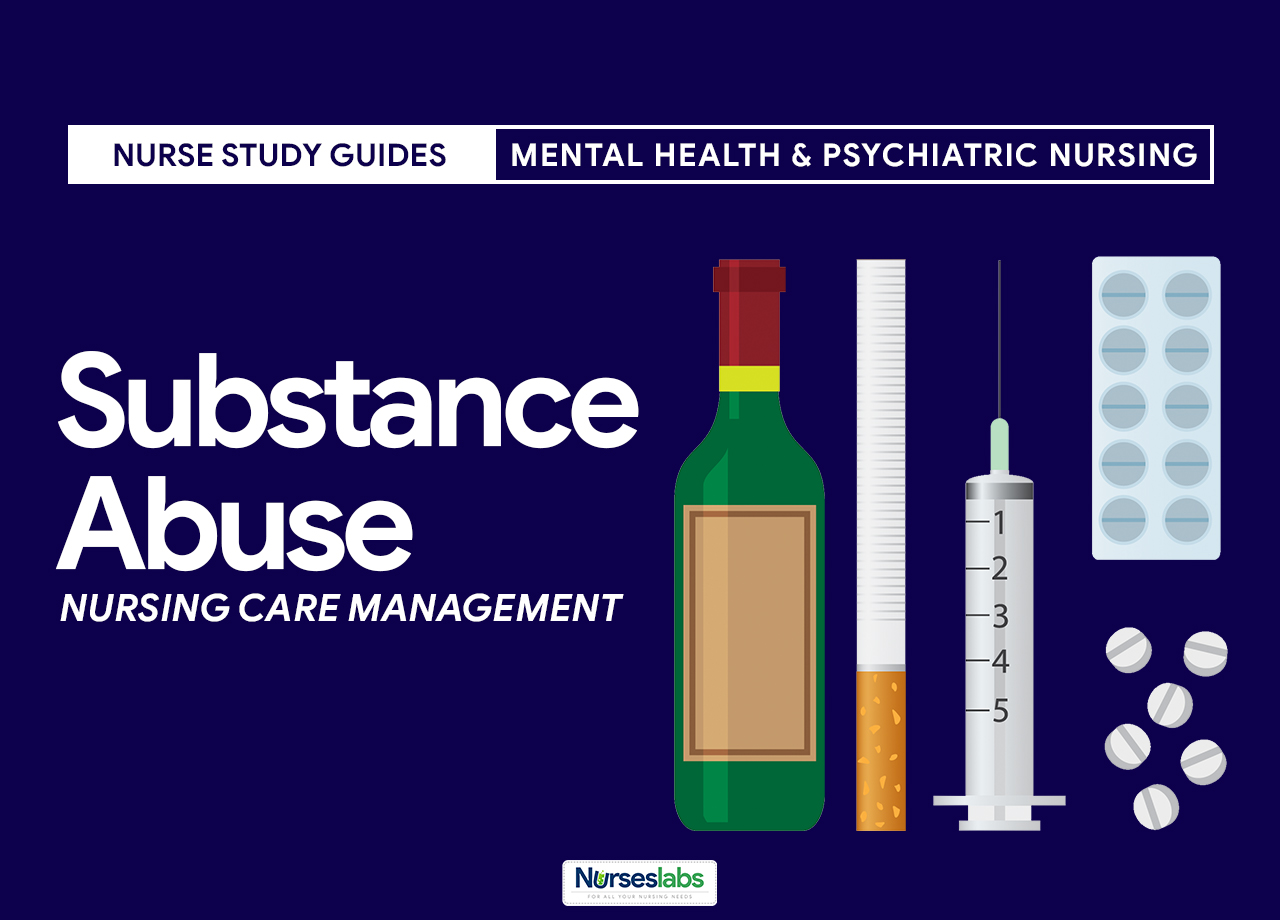
Substance Abuse Disorders Nursing Care Management Nurseslabs

Why It S Wrong To Call Addiction A Disease Marc Lewis The Guardian

Alcoholic Recovery Stages The Stages Of Alcoholism Recovery

What Is The Jellinek Curve Stages Of Alcoholism

What Is The Jellinek Curve The Recovery Village Drug And Alcohol Rehab

The Irrationality Of Alcoholics Anonymous The Atlantic
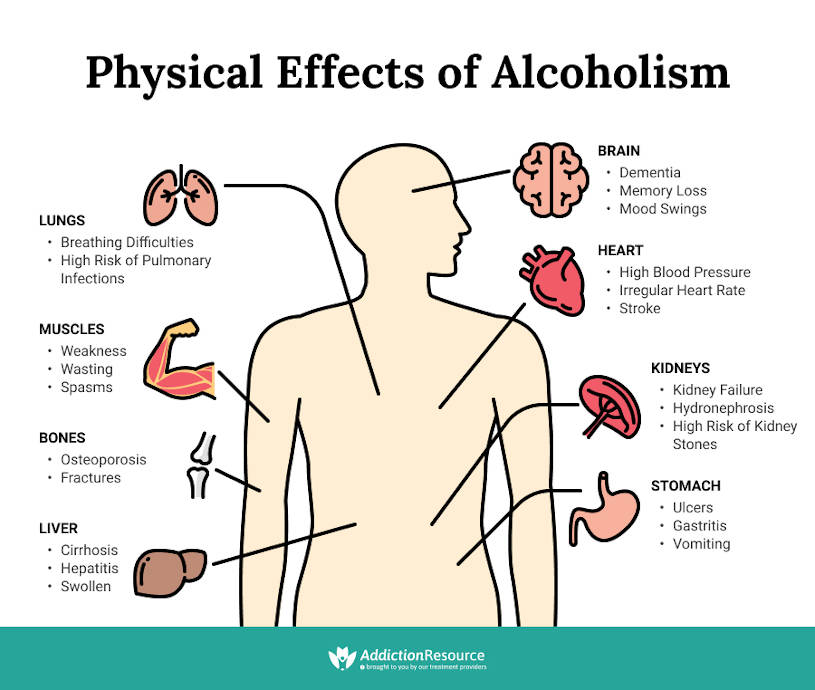
Effects Of Alcohol On The Body Short And Long Term Reactions

Searching For New Medicines To Treat Alcohol Addiction The Pharmaceutical Journal

Understanding Hyperkatifeia To Inform Treatment For Alcohol Use Disorder An Assessment Of The National Institute Of Alcohol Abuse And Alcoholism Research Portfolio Biological Psychiatry

Disease Models An Overview Sciencedirect Topics

What Is Alcoholism Symptoms Causes Diagnosis Treatment And Prevention Everyday Health

Stages Of Addiction Drug Rehab Drug Detox Treatment
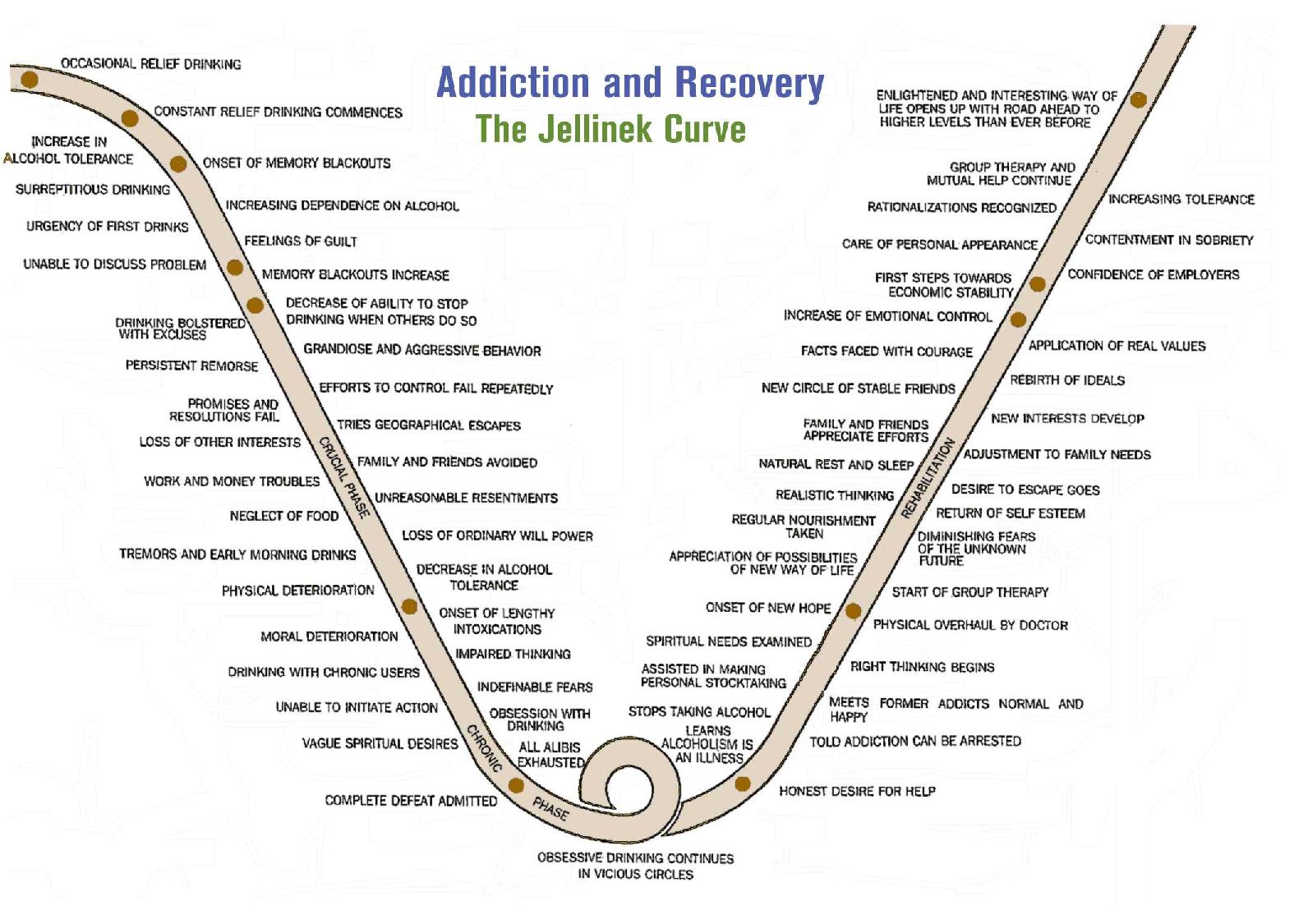
What Is The Jellinek Curve Stages Of Alcoholism
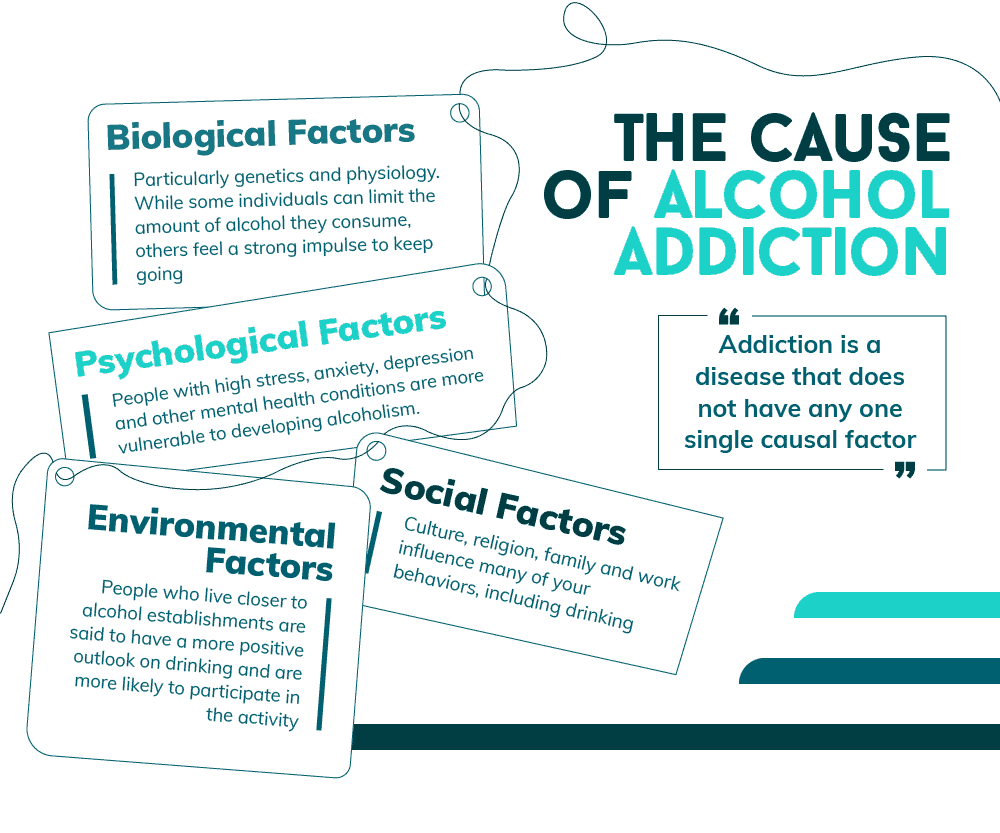
Beating Alcoholism Why Is Alcohol Addiction So Hard To Beat Northpoint Idaho

Is Alcoholism A Disease Here S The Evidence And Logic

The Cycle Of Alcoholism And Addiction

Pdf Alcoholics Anonymous And The Disease Concept Of Alcoholism


Comments
Post a Comment